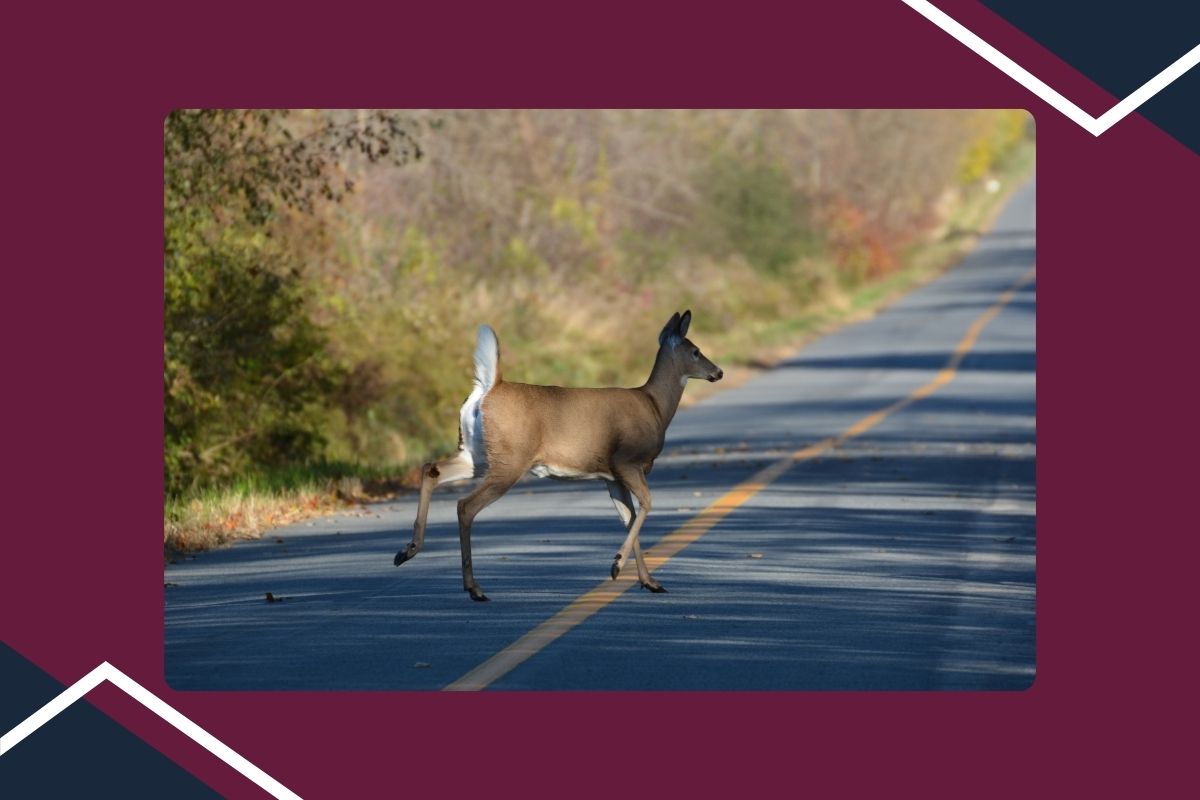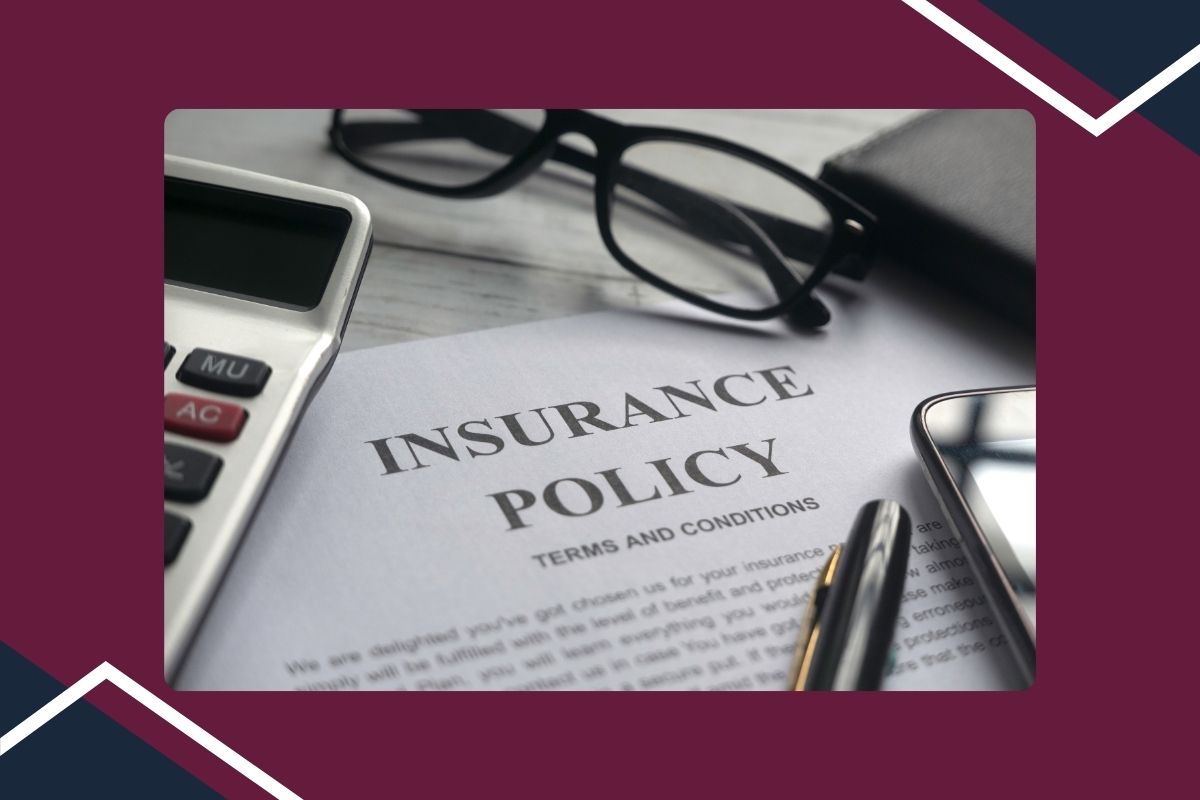Steps to Take if You Hit a Deer with Your Car
What Happens if I Hit a Deer? Am I Covered?
During Fall, it is not uncommon to encounter deer roaming near highways and other roadways. With the darker, colder nights and the peak of deer breeding season, or “the rut”, arriving soon, deer are more active and are often running, with no concern for anyone or anything on the roads. Drivers need to stay alert and diligent to avoid any accidents.
If, however, you do have a run-in with a deer, comprehensive coverage on your car insurance policy typically covers deer accidents. This comprehensive coverage is part of full-coverage and protects you from damage that’s caused by something other than a collision, like theft, vandalism, weather, fires, and animals, including deer.
But, while insurance can cover deer damage, not everyone has comprehensive coverage on their policies. Collision coverage is often paired with comprehensive coverage, but it doesn’t cover damage from hitting a deer (or any other animal). Collision coverage would, however, pay for the damage to your car if you swerved to avoid the deer and hit another object or vehicle. This is why it’s so important to know what coverage you have, so that you can be prepared and adequately protected in the case of an unfortunate accident.
What are your next steps if you hit a deer?
- Move your vehicle to a safe place. If possible, pull over to the side of the road, and turn on your hazard lights. If you must leave your vehicle, stay off the road and out of the way of any oncoming vehicles. Deer are most active at dusk and dawn — times when you or your vehicle may be less visible to other motorists.
- Call the police. Alert authorities if the deer is blocking traffic and creating a threat for other drivers. If the collision results in injury or property damage, you may need to fill out an official report. This report also can prove useful when filing your insurance claim.
- Document the incident. If it’s safe to do so, take photographs of the roadway, your surroundings, damage to your vehicle and any injuries you or your passengers sustained. If witnesses stop, take down their account of what occurred, and ask for their contact information.
- Stay away from the animal. A frightened, wounded deer could use its powerful legs and sharp hooves to harm you.
- Contact your agent. The sooner you report damage or injuries, the sooner your agent can file and process your claim.
- Don’t assume your vehicle is safe to drive. Double-check that your car is drivable after colliding with a deer. Look for leaking fluid, loose parts, tire damage, broken lights, a hood that won’t latch and other safety hazards. If your vehicle seems unsafe in any way, call for a tow.
We hope this information helps in case an incident like this happens. If you have any questions on your insurance or would like us to review your policy to see if you have comprehensive coverage, please reach out to us here!
Related Articles
Taking the Confusion Out of Insurance Terminology
Let’s all agree…insurance can be confusing! Sometimes the acronyms and terminology used in insurance documents can seem like another language. For this reason,…
Do I Need Life Insurance?
No one likes to think about dying, but it's an inevitable part of life. Planning for the unexpected is essential to ensure our loved ones are protected and…


